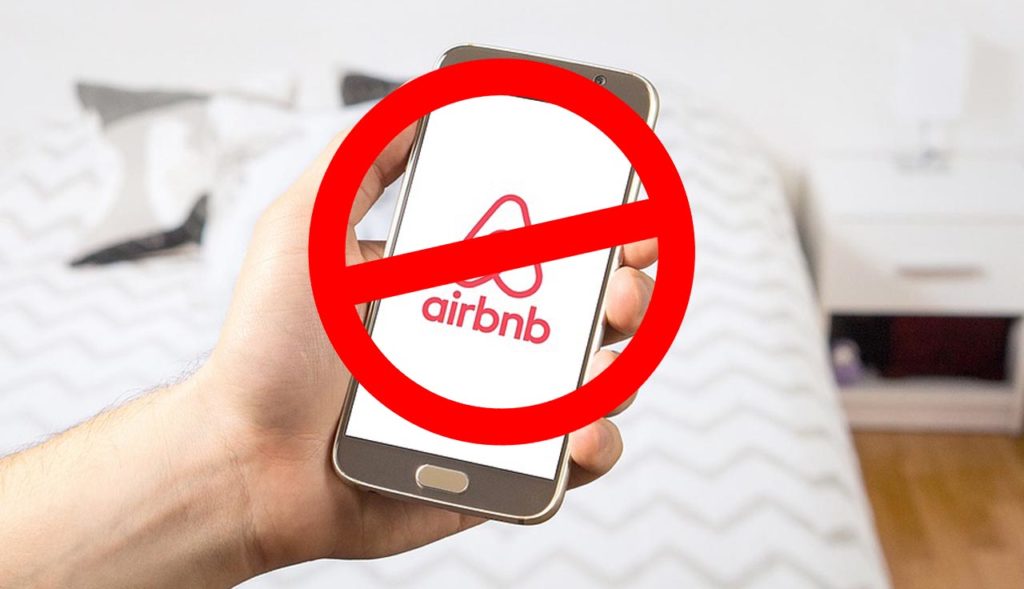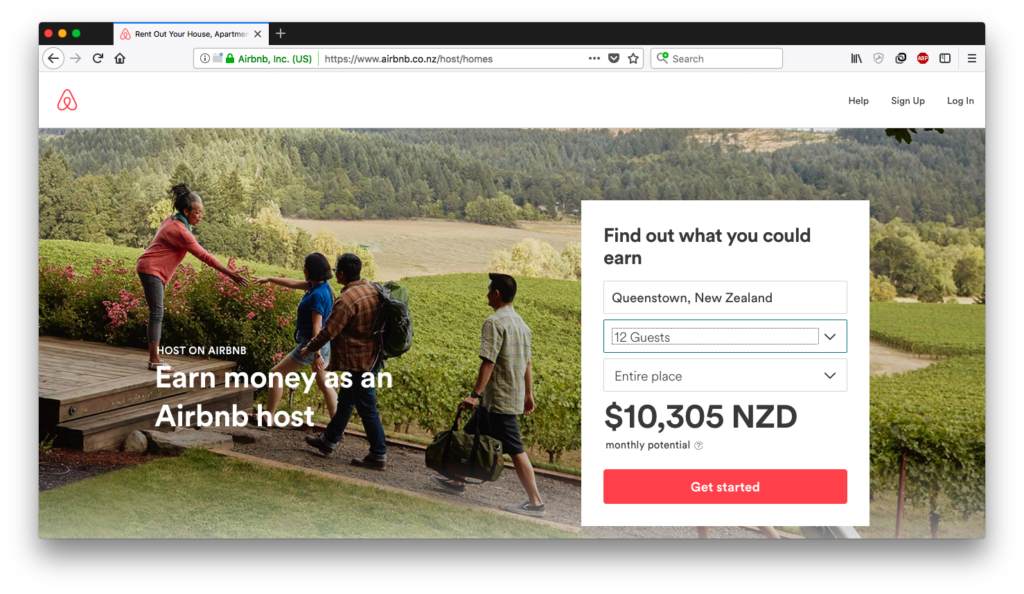2019 Update: Please Note The Information on This Page is Now Outdated and is Archived for Information Purposes Only. Please CLICK HERE to View the Latest Information Regarding Short Term Accommodation
A lot has changed since the last post on using your property for Visitor Accommodation (VA) such as AirBnB in the Queenstown-Lakes District – time for an update.
What are the current rules? How long can I currently list my Queenstown or Wanaka property on AirBnB (or similar) for? What are the costs? Will my rates go up?
Well – the Council have recently published an excellent updated guide to short term accommodation (click to view the document). This helpful guide will answer all these questions, including:
- The different classes of VA – i.e. registered holiday home vs homestay
- Whether or not you require a resource consent
- Costs and benefits of using your property for short term accommodation
- How to become registered with the Council and avoid fines
- The effect on your rates and potential for development contributions
- Whether or not you require a building consent
- The requirements of a registered holiday home
But here’s the thing – in the coming months these current rules may well be gone with the wind…
The headlines say it all:
“Queenstown Council to vote on Airbnb cuts”
“Tourism industry welcomes Queenstown Airbnb crackdown”
“Queenstown Airbnb Reform a Good Start But Not Far Enough”
“Airbnb concerned about Queenstown crackdown”
That’s right – on the 23 November 2017 the Council formally put out their proposed new rules for public submissions.
Let’s cut through all the noise and explain what this really means
We’ll focus on the Low Density Residential and High Density Residential Zones. This covers most urban residential areas in Queenstown, Wanaka, and Arrowtown. We’ll also only focus on renting out the entire house – as that is by far the most common enquiry we receive. This Council factsheet goes into more depth with different property zones and requirements.
The AirBnB Status Quo
Currently, in many cases you do not require a resource consent (“planning permission”) to rent your house out to fee-paying guests, up to the following limits & provided the following requirements are met:
- Rented for no more than 90 days/year (i.e. allowing up to 30 individual lets)
- Require a minimum stay of 3 nights for guests
- Must be registered with the Council
- Records of letting must be kept
- Your house is a standalone dwelling or duplex units (not an apartment)
A resource consent is needed if any of these requirements are not met, including letting more than 90 days/yr. Currently this kind of resource consent, with a high-quality and professional application, is often fairly straightforward to achieve.
Why are Hosts Finding AirBnB Attractive?
- An estimated $74.5 million of total revenue was generated for AirBnB hosts over the 12 months to September 2017, including $12.9 million in the High Density Residential Zone*.
- In the year to September 2017, hosts in Queenstown-Lakes earned on average $25,254 per entire house/unit, compared to $12,426 nationally. Those in the High Density Residential zone made $42,308 respectively*.
- Airbnb guests in Queenstown-Lakes District stayed the third longest out of 66 territorial authorities in the 12 months to September*.
- Queenstown-Lakes hosts made the highest amount of money per property across 66 Territorial Authorities in the 12 months to September 2017*.
Council’s Proposed New AirBnB / Visitor Accommodation Rules:
- Not letted more than 28 days/year in total
- No more than 3 individual lets per year
- No minimum stay for guests
- Less than 8 traffic movements per day & no heavy vehicles or buses
- You can now use your apartment for short term accommodation
A resource consent is needed if any of these requirements are not met, and will likely be a very difficult consent to get if your property is in the Low Density Residential Zone (the majority of Queenstown, Wanaka, and Arrowtown).
It is very clear that the proposed new rules will dramatically and severely limit the VA revenue-generating potential of residential properties, especially with a restriction of a maximum 3 individual lets. Given the average length of AirBnB stay in the District is 4.2 days* – this could potentially result in only letting your property for 12 days per year…
So What Happens Now?
Public hearings have recently been held – and the Council is awaiting the receipt of the recommendation reports from their appointed Independent Hearings Panel.
What if I Get a Resource Consent Before New Rules Apply?
If you obtain a resource consent prior to any new rules coming into effect, you can usually continue to operate under that consent in future without issue (provided you comply with all conditions of the consent). A resource consent is also usually tied with the land – meaning that any future owners of the property could also operate under the consent. This is the reason several people have applied for a visitor accommodation consent even if they plan to sell their property in the future.
How Long Do I Have to ‘Get In’?
The process of submissions, hearings, independent decision-making and (often) appeals, does take many months. However, the process of obtaining a resource consent also takes time – both in preparing the application and for Council to process it.
If you are seriously looking at applying for resource consent, it is strongly recommended that you progress this in the prior to 15 December 2018
What Now?
Get in touch and fire through an enquiry. We will take a look at your specific property and provide advice on the current rules, impact of the proposed rules, process to apply for consent, and any immediately obvious issues – for free and without obligation.
*Source: Infometrics report titled, ‘Measuring the scale and scope of Airbnb in Queenstown-Lakes District’, prepared for the Queenstown-Lakes District Council, dated November 2017.


